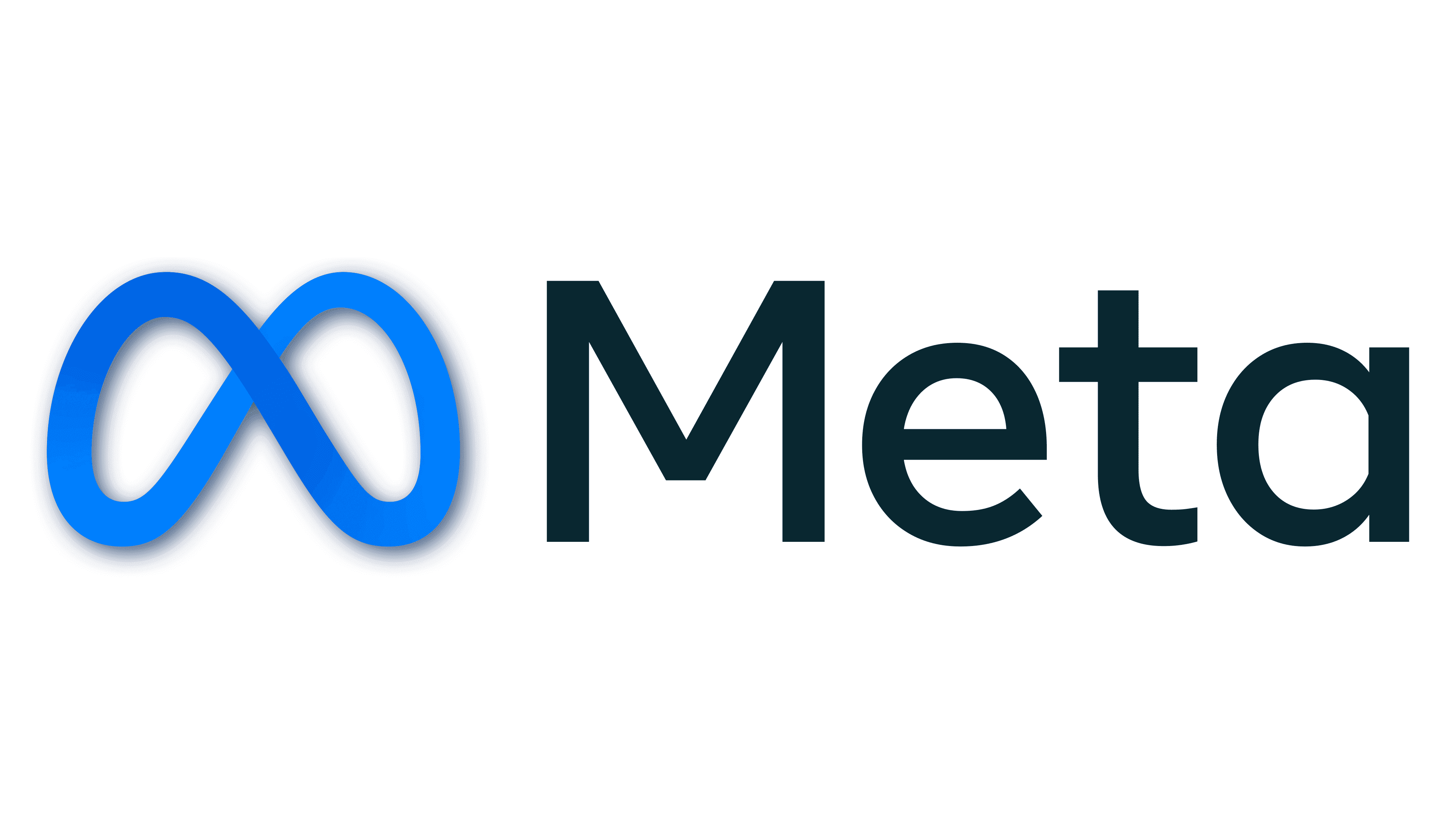

By Asmita - Nov 13, 2024
Meta Platforms, the parent company of Facebook, is facing an antitrust trial over its acquisitions of Instagram and WhatsApp. The U.S. FTC alleges that Meta engaged in anti-competitive practices by purchasing these platforms to eliminate competition in the social media market. The lawsuit is part of broader efforts to regulate Big Tech companies and could set precedents for future antitrust cases against technology firms.

Petar Adžaga via Wikimedia
LATEST
Meta Platforms, the parent company of Facebook, is set to face a significant antitrust trial regarding its acquisitions of Instagram and WhatsApp. A judge in Washington has ruled that the U.S. Federal Trade Commission (FTC) can proceed with its lawsuit, which alleges that Meta engaged in anti-competitive practices by acquiring these platforms to eliminate competition in the social media landscape. The FTC's lawsuit, initiated in 2020 during the Trump administration, claims that Meta's actions were intended to maintain its monopoly within the social networking market by purchasing potential rivals instead of competing with them directly.
The FTC argues that Meta overpaid for Instagram in 2012 and WhatsApp in 2014, not as legitimate business investments but as strategic moves to neutralize emerging threats. This lawsuit is part of a broader effort by U.S. regulators to rein in Big Tech companies that have grown increasingly dominant in their respective markets. The FTC contends that such acquisitions stifle innovation and limit consumer choices by consolidating power within a few large corporations. Meta's defense maintains that the FTC's interpretation of the social media market is overly narrow and fails to account for competition from other platforms like TikTok, YouTube, and LinkedIn.
Meta has consistently pushed back against these allegations, asserting that its acquisitions were beneficial for consumers and led to enhanced services. The company argues that the competitive landscape has evolved significantly since these acquisitions took place, with new entrants like TikTok reshaping user engagement and content sharing. Meta claims that the FTC's focus on Instagram and WhatsApp overlooks the dynamic nature of the social media ecosystem, where competition is fierce and constantly changing. This trial will be closely watched as it could set important precedents for how antitrust laws are applied to technology companies in the future.
This case is one of several high-profile lawsuits targeting major tech firms by U.S. regulators. Alongside Meta, companies like Amazon and Apple are also facing legal challenges related to their business practices. The Department of Justice has been actively pursuing cases against Alphabet's Google, which recently faced a ruling for unlawfully stifling competition among search engines. As these cases unfold, they highlight a growing concern among regulators about the power wielded by large tech companies and their impact on market competition and consumer choice. The outcome of Meta's trial could have significant implications for the company's future operations and its ability to make further acquisitions in an already scrutinized environment.